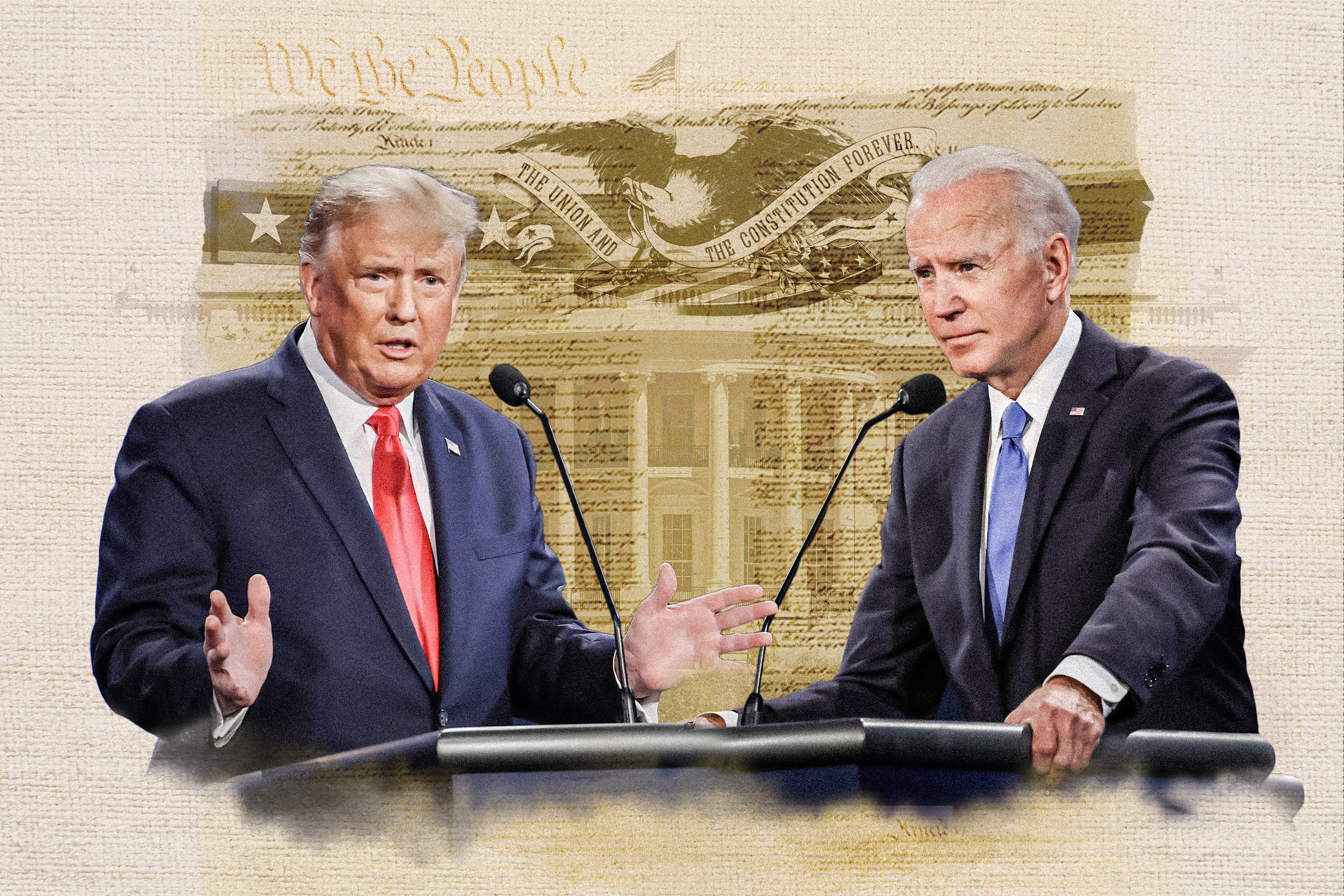President Joe Biden and former President Donald Trump will square off in their first debate of 2024 on June 27, aiming to present different visions for the future of the United States.
The high-stakes debate will be a crucial platform for the two oldest candidates in U.S. history to demonstrate their energy, appearance, coherence, and responsiveness, making it a pivotal event that could shape the presidential race, according to political analysts.










